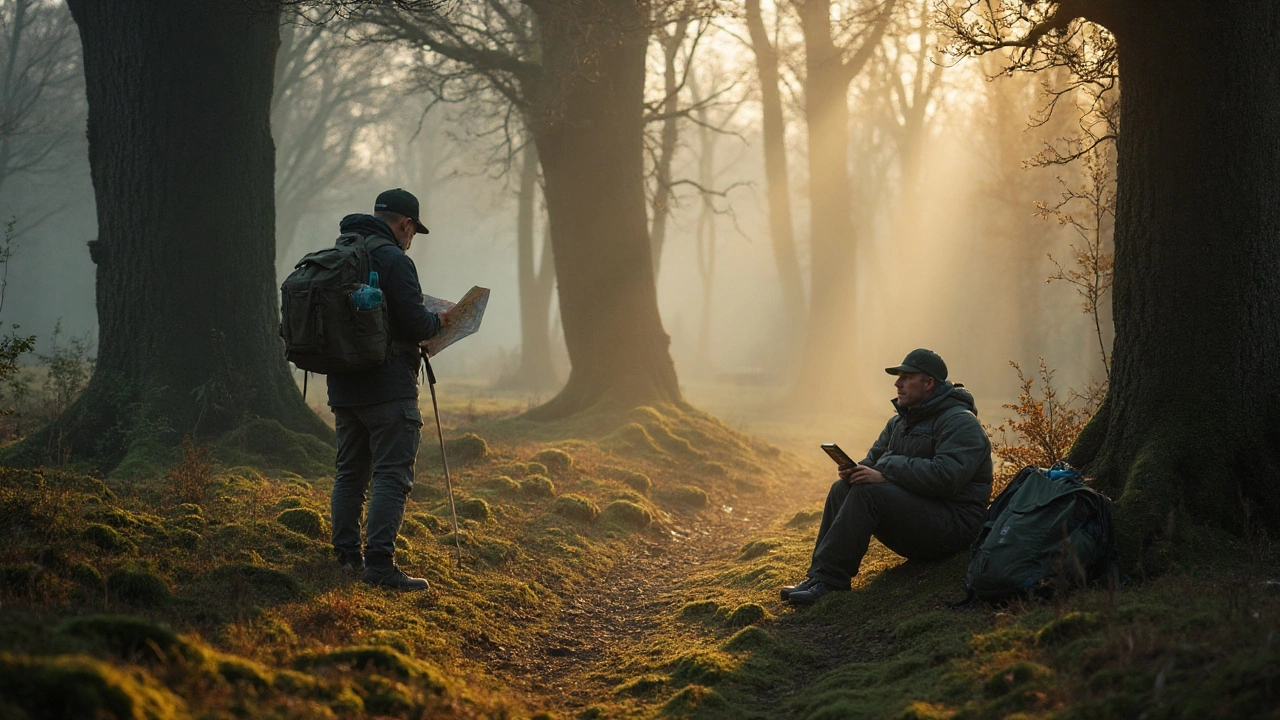
Can You Camp in the Woods in the UK? Laws, Tips & Wild Camping Secrets
Explore whether wild camping in UK woods is allowed, UK laws, hidden tips for forest stays, and what to know before you pitch a tent. Actionable advice included.
Read MoreThinking about pitching a tent among the trees? Forest camping lets you wake up to birdsong, fresh air, and a sense of privacy you rarely find on a busy pitch. It’s cheap, it feels adventurous, and you get to explore some of the most beautiful spots in the UK that most people overlook.
First, trees give natural shade and wind protection. You won’t be sweating under a metal roof or shivering in an open field. Second, the ground is often softer, especially after a light rain, which makes sleeping more comfortable on a good sleeping pad. Finally, being surrounded by nature keeps you more relaxed – the scent of pine, the rustle of leaves, and the occasional squirrel sighting can make a simple night feel special.
Look for campsites that are officially designated for camping. In the UK, many forests have purpose‑built sites with cleared ground, fire pits, and basic facilities. If you opt for wild‑camping, check the local council rules – most woodlands allow a one‑night stay as long as you follow the Leave No Trace principles. A quick search for “forest campsite near me” or checking the Forestry Commission map can point you to legal spots.
When you arrive, scout the area before you set up. Make sure the ground is level, dry, and free of hidden roots or debris. Avoid low‑lying spots that could collect water if it rains. Position your tent near a natural windbreak – a stand of trees or a small rise – to keep the night breeze from blowing your sleeping bag around.
Gear matters more in the woods than on a hard‑packed site. A lightweight, waterproof tarp can act as a rainfly and adds extra protection from damp ground. A sturdy sleeping pad with good insulation helps you stay warm when the temperature drops after sunset. And don’t forget a headlamp with red light mode – it’s easier on the eyes of wildlife and lets you keep moving around the campsite without waking everyone up.
Cooking in the forest means being extra careful with fire. Use a portable stove whenever possible; it’s cleaner and reduces fire risk. If a campfire is allowed, keep it small, use a designated fire pit, and fully extinguish it before you leave. Gather only deadwood that’s already on the ground – never cut live branches.
Respect for the environment is key. Pack out all your trash, even biodegradable items like fruit skins, because they can attract pests or pollute the soil. Stick to marked paths when you’re hiking to avoid trampling fragile plant life. If you hear local wildlife, give them space and store food in sealed containers to keep critters from raiding your stash.
Finally, make the most of the woods by planning a few simple activities. A short nature walk, a quick bird‑watching session, or a night sky look‑up can turn a basic campsite into a memorable adventure. Bring a small notebook and jot down anything interesting you see – it’s a great way to stay engaged and remember the details later.
With these tips, your next camp in the woods UK will be safe, comfortable, and truly refreshing. Pack smart, follow the rules, and let the forest do the rest. Happy camping!

Explore whether wild camping in UK woods is allowed, UK laws, hidden tips for forest stays, and what to know before you pitch a tent. Actionable advice included.
Read More